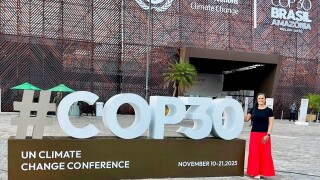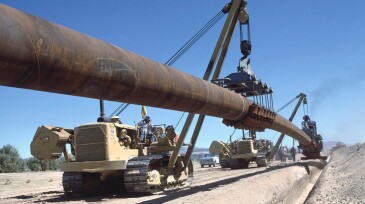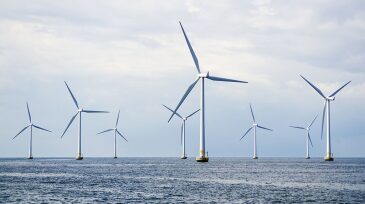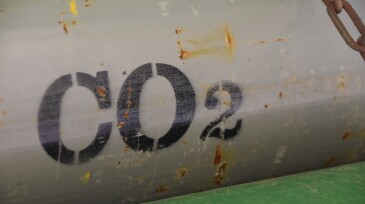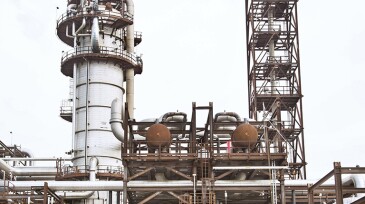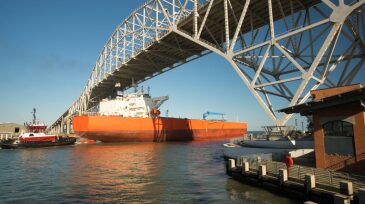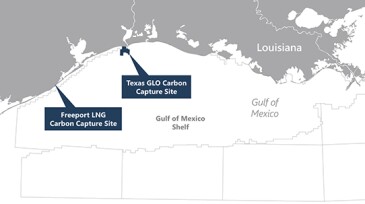Carbon capture and storage
Following the start of injection in August, Northern Lights has issued the first set of certificates documenting that the carbon dioxide captured from the Heidelberg Materials cement factory has been transported and stored permanently in the Aurora reservoir.
As COP30 wrapped up in Brazil, the country finds itself at an inflection point, positioned to deliver South America’s first carbon-dioxide injection by mid-2026.
The 14 available locations are estimated to be able to provide up to 2 gigatonnes of additional carbon-dioxide storage capacity.
-
The US oil and gas company said it signed a letter of intent with the US midstream operator to explore commercializing a CO2 transportation and storage network.
-
Companies want to build pipelines to capture and store carbon, but a new report warns that regulators aren’t prepared.
-
Supermajors continue to align their goals with a net-zero future while strides are made across the globe to add CCS, solar, and wind projects to help achieve ambitious green energy goals.
-
Oxy aims to combine crude oil with environmental attributes generated from the sequestration of atmospheric CO2 captured with its planned direct-air-capture plant and sequestered in its enhanced-oil-recovery reservoirs in the Permian Basin.
-
Research conducted by Rystad Energy indicates that spending on carbon capture and storage will quadruple in the next 3 years.
-
New lease agreements have secured more than 700 million metric tons of potential CO2 sequestration capacity.
-
Storing captured carbon requires a receptacle, and existing reservoirs are just the thing. But which ones?
-
Stunningly ambitious plans to create global carbon capture and storage that rivals the scale of today’s oil and gas production will require a host of technical skills to determine if it is even possible.
-
The two companies will explore carbon capture solutions of various sizes over an initial 9-month evaluation period.
-
The new project will use EnLink’s existing pipeline infrastructure and Talos’ newly acquired 26,000-acre sequestration area.


